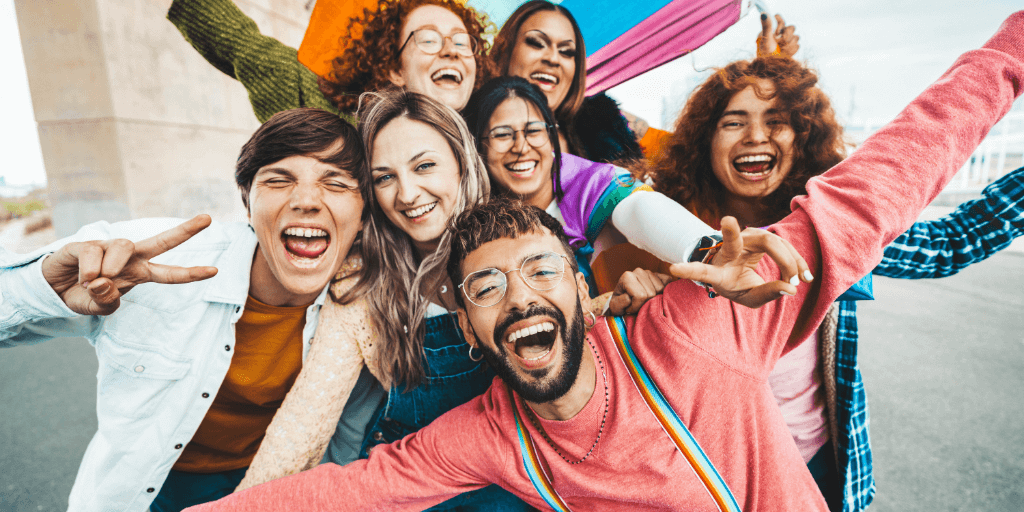Substance use and mental health: Supporting 2SLGBTQIA+ youth

Gain foundational insights into the experiences of substance use and mental health challenges among 2SLGBTQIA+ individuals and communities. Participants will delve into the reasons why 2SLGBTQIA+ people use substances, enhancing their understanding to better facilitate engagement and interventions. The training will present opportunities to learn new engagement strategies and clinical approaches. Expanding participants’ comprehension of the relationship between substance use and gender/sexual identity. This will equip service providers with the skills necessary to effectively engage and support 2SLGBTQIA+ youth in managing substance use and mental health challenges.
The primary objective of the session is to help participants identify and understand the needs of 2SLGBTQIA+ individuals. We will being with an overview of common terminology and definitions related to sexual orientation and gender identity. Ensuring participants build the foundational knowledge needed to support 2SLGBTQIA+ youth and young adults.
The prevalence of mental health challenges within 2SLGBTQIA+ communities will be discussed. The focus will be on the impact of factors such as internalized homophobia, familial rejection, discrimination, and systemic oppression. Using an intersectional framework and an anti-oppressive, anti-colonial lens, the session will pay special attention to the unique needs and challenges faced by racialized 2SLGBTQIA+ youth.
Finally, the session will assist participants in developing 2SLGBTQIA+ affirming care practices, including direct interventions, rapport building, engagement strategies, and family education.



